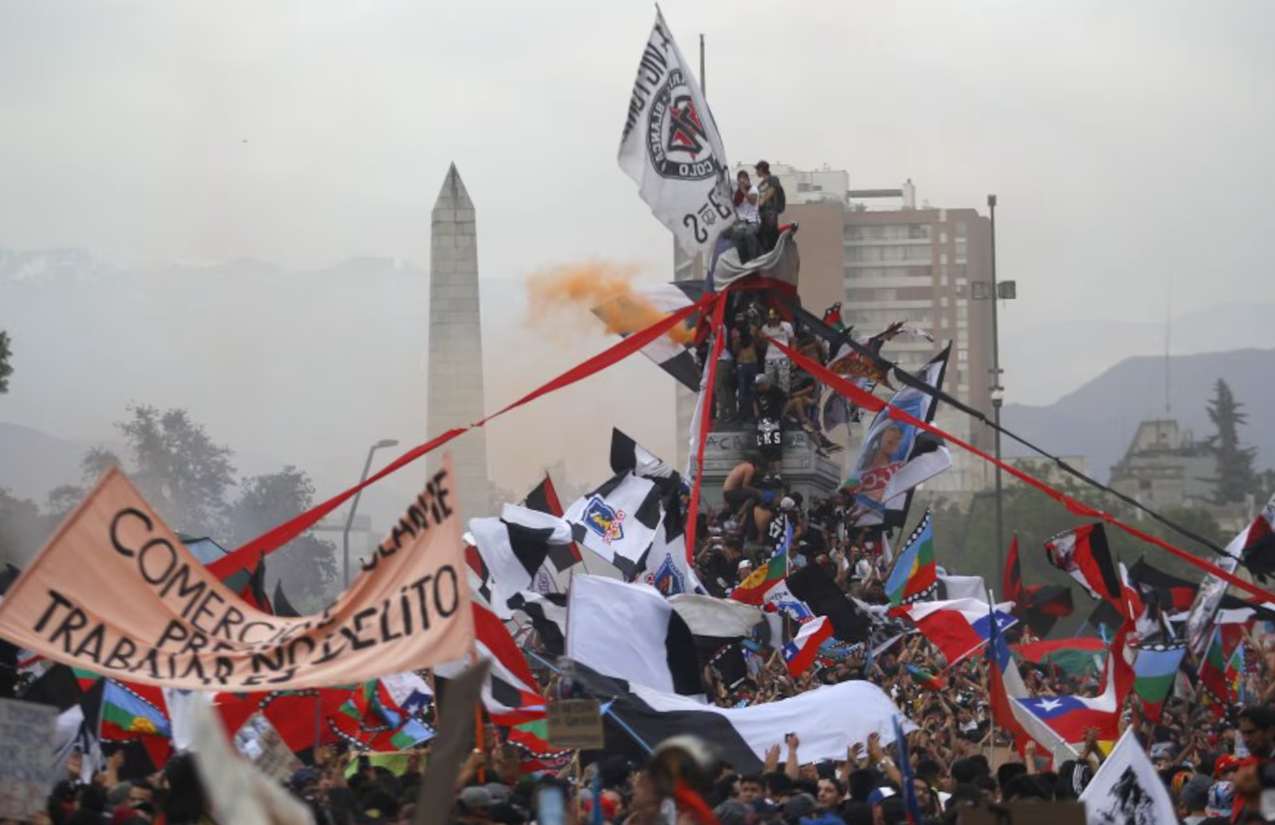Electoral competition in Chile has been marked in recent years by the simultaneous presence of two dimensions: the traditional left–right ideological axis and a second, more populist axis, which can be described as people–elite or traditional politics versus anti-establishment. Both are essential to understanding the results of the first presidential round and the legislative election of November 16.
On the ideological axis, the previous cycle showed the dominance of the more radical left over the traditional center-left, a trend reaffirmed this year with the victory of communist candidate Jeannette Jara as the representative of that sector. On the right, the crisis of the Chile Vamos parties and the rise of the radical right, led by José Antonio Kast and the Republican Party, were confirmed. At the presidential level, Kast advanced to the second round as the favorite, while Evelyn Matthei —the representative of the traditional right— finished fifth with barely 12.5% of the vote. Johannes Kaiser, of the National Libertarian Party, won 14%, which, added to Kast’s 24%, consolidates the advance of the so-called “new rights.”

Even more dramatic was the defeat of the Chile Vamos coalition. The Republican Party will become the largest force in the Chamber of Deputies, winning 31 of the 155 seats —42 if its list partners are included— while the coalition obtained only 34. Its most liberal party, Evópoli, will even have to dissolve for failing to reach the legal minimum of votes or seats. This reshuffling confirms the end of the political cycle dominated by post-transition actors, although it remains to be seen whether the trend will continue.
The populist or anti-elite axis also emerged strengthened in this election. Various studies have highlighted its importance, visible in the increase in independent candidates at the local level —nearly a third of all mayors elected in 2024— and in the 2021 Constitutional Convention election, where independent lists achieved nearly a third of the seats.
The introduction of compulsory voting with automatic registration, applied for the first time in a general election, further strengthened this axis. It brought in a segment of voters less interested in politics and with a weaker democratic commitment. According to an analysis by Decide Chile, these voters largely leaned toward Franco Parisi. With nearly 20% of the vote and leading the People’s Party, Parisi became the surprise of the day. Although he had already placed third in 2021 with 12.8%, he was once again underestimated by the polls, likely because an important part of his electorate does not participate in surveys.
Parisi is the most openly populist candidate on the Chilean political scene: an outsider with no experience in public office who, during the campaign, coined the slogan “neither fascist nor commie” to distance himself from the main options. His discourse aims to represent the middle class and place himself “below,” with the people, rather than in an ideological position. Founded just months before the 2021 election, the People’s Party won six deputies at that time, though all eventually resigned. It also performed poorly in the 2024 local elections. In 2025, however, it secured twenty deputies. Since many of them lack political experience and a defined ideological profile, it is uncertain how they will act in the Chamber. Their support will be crucial for the right to reach the 4/7 threshold needed for constitutional reforms. Although their legislative behavior is unpredictable, electorally, they seem to channel public discontent and frustration toward the political class.
In the parliamentary election, compulsory voting resulted in a historic 20% rate of invalid ballots, double that of 2021. Whether due to rejection of the parties, the complexity of the ballots, or unfamiliarity with the political system, this phenomenon helps explain why traditional parties —both left and right— performed relatively better in the parliamentary election than in the presidential one. Everything indicates that compulsory voting will reinforce the alternation in power that has characterized presidential elections over the past fifteen years.













